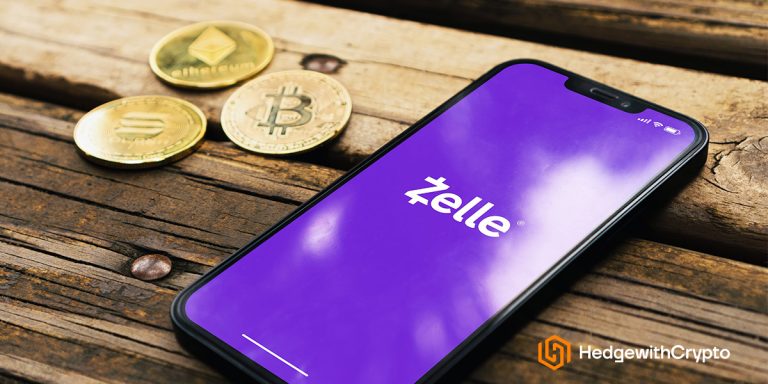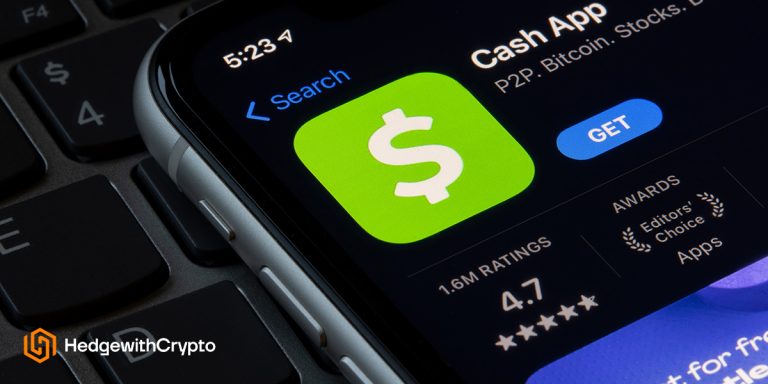We may earn a commission from links on our site, but this doesn’t affect our reviews. Learn more.
Hedge With Crypto is an independent publisher that provides objective and free content. Articles on our site may include links to our partners. If you click on these links, we may earn a commission. However, our editorial content remains unbiased, reflecting our own opinions or the general information available. For more information on our company policies, read the Affiliate Disclosure, Privacy Policy, and Terms & Conditions.
Where & How To Buy Bitcoin
Hedge With Crypto aims to publish factual and accurate information as of the date of publication. For specific information about a cryptocurrency exchange or trading platform, please visit that provider’s website. Hedge With Crypto does not provide financial advice nor does it take into account your personal financial situation. Read our full Terms & Conditions.
TABLE OF CONTENTS
Buying Bitcoin is one of the first steps to entering the cryptocurrency market. It is undoubtedly the king of the industry and the dominant asset by market capitalization. For those who are yet to purchase Bitcoin and are sitting on the fence, this guide will explain how to buy Bitcoin and compare the best places to buy Bitcoin so you can make an informed decision. The easiest and safest way to purchase Bitcoin is by using an exchange and following these steps.
- Compare and select a crypto exchange.
- Register an account with the exchange.
- Deposit funds to a wallet.
- Buy Bitcoin.
Step-By-Step Guide To Buying Bitcoin
1. Compare and select a crypto exchange
The first step to buying Bitcoin is to decide on what type of cryptocurrency services to use. Several options include fiat-to-crypto exchanges, trading platforms, decentralized exchanges, and brokerages. Centralized crypto exchanges are the most common and convenient for beginners, allowing individuals to buy, store, trade, and sell Bitcoin.
Exchanges such as Coinbase, Binance, and Crypto.com offer a wide range of features, products, and services that can be beneficial after the initial purchase. For example, these particular exchanges allow investors to earn interest on Bitcoin to earn passive rewards.
Important aspects to keep in mind when selecting a Bitcoin exchange are:
- Supported countries and accepted fiat currencies
- Deposit methods and limits
- All fee types (deposit, trading, and withdrawal)
- Ease of use for all experience levels
- Trading volume and liquidity (minimize spread and slippage)
- Industry-standard security measures
- Live-chat or support desk
2. Register an account with the exchange
Create an account with the selected cryptocurrency exchange using a valid email address. To buy Bitcoin with a fiat currency such as USD, GBP, EUR or AUD, an identity verification process will need to be completed that will generally require the following information:
- Full name
- Email address
- Proof of ID
- Proof of address
- A photograph showing the face
This information is collected by the exchange to comply with the international Know Your Customer (KYC) and Anti-Money Laundering (AML) requirements. Certain platforms with crypto-to-crypto trading only do not require ID verification; however, there may be limits on the amount that can be withdrawn per day. For additional account security, it is also recommended to activate 2-factor Authentication, which adds another security layer for account login and withdrawal requests.
3. Deposit funds
The next step is to deposit funds to the account or transfer cryptocurrency from another trading platform or wallet. For those who are buying crypto for the first time using fiat currency, exchanges provide several on-ramp options to deposit money including wire transfer, bank transfer, credit/debit cards, and Faster Payments. There are usually minimum limits and payment fees for each supported payment method which can vary on the investor's place of origin. A common method available is buying Bitcoin with a credit card, however, the fees are a lot higher and are not recommended.
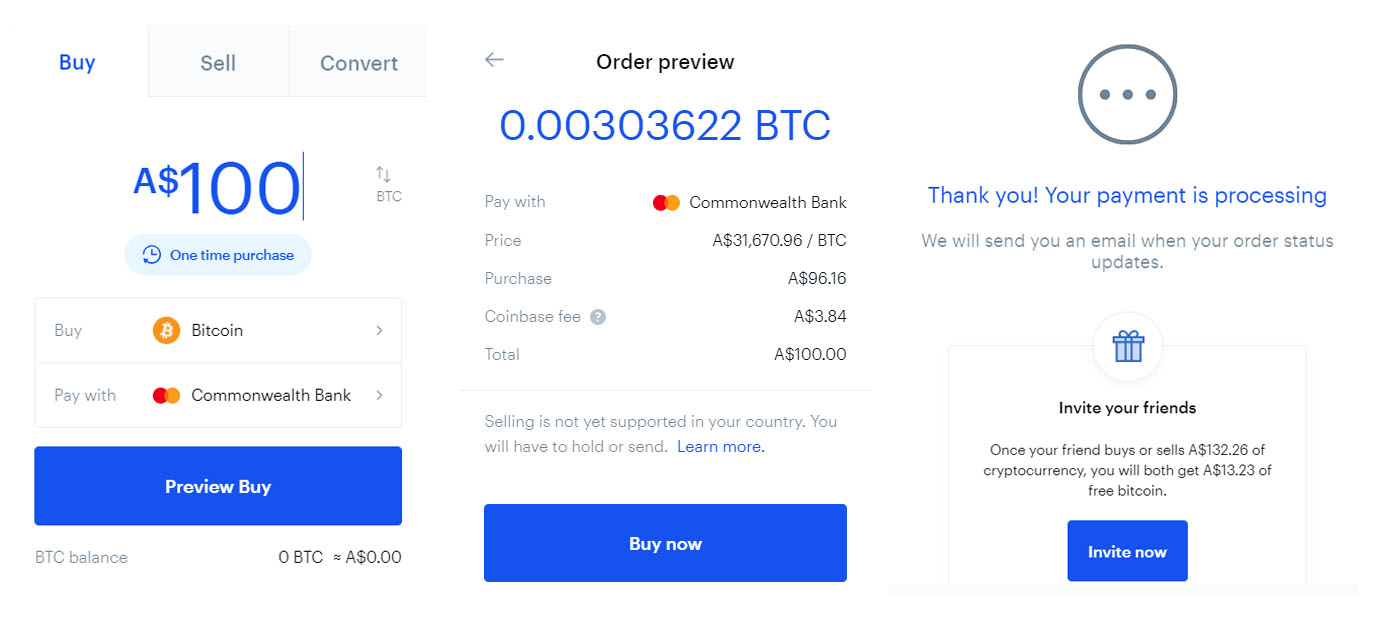
4. Buy Bitcoin
Once an account is funded with money, the last step is to find Bitcoin in the asset list and click buy. Depending on the exchange, the way to purchase Bitcoin will be a simple order form or using an advanced trading platform with different order types. Using the deposited funds, choose the amount to spend on Bitcoin. The amount of Bitcoin that will be received will usually be shown at the time of the transaction. Review and complete the trade and the purchase.
Where To Purchase Bitcoin
1. Binance
Binance is the largest and most traded exchange in the world for buying, trading, and storing Bitcoin. It's free to join and is available in over 100 countries worldwide and accepts deposits in multiple fiat currencies such as AUD, USD, EUR, GBP, SGD & UGX which can be safely converted into Bitcoin. The most common payment methods available are bank transfers, SEPA, bank cards (VISA), and SWIFT.
At the time of writing, Binance is the most used exchange for trading Bitcoin against Tether (USDT) and USD Coin (USDC) with approximately 7.48% of all trading volume. Deep liquidity translates to lower spreads and the risk of slippage. Moreover, Binance has a maximum trading fee of 0.1% which reduces with higher trading volume and staking BNB. In short, Binance is one of the cheapest places to buy Bitcoin when all fees and spreads are considered.
Read our full Binance review.
2. Coinbase
Coinbase is widely known as a safe and reputable crypto exchange that is trusted by thousands of customers worldwide. Coinbase is one of the best exchanges in the US for buying Bitcoin and managing a portfolio with its easy-to-use mobile app.
Selecting a payment method and buying Bitcoin is quick and easy. Various fiat currencies, such as USD, GBP, EUR, and AUD, are supported. Funds can be allocated to a trading account using a credit and debit card, but the fees are quite expensive, at 3.99% for most regions.
Read our full Coinbase review.
3. eToro
eToro is a trusted and reliable financial services provider. Like Coinbase, the ease of use and visual portfolio manager separates eToro from its competitors. There is even a free demo mode to trade crypto so that users can become familiar with the platform and markets.
Getting started with eToro is straightforward. You can fund your account using a bank or wire transfer for as little as USD 500. This is also the minimum trade, which means investors can purchase Bitcoin with a small amount of money.
eToro charges a flat 1% commission on Bitcoin purchases. While the fees are slightly higher than those of other crypto platforms, the spreads are very competitive. Overall, eToro is a trusted and regulated Bitcoin platform with an innovative mobile app for monitoring purchases on the move.
Read our full eToro review.
Cryptocurrency is offered by eToro USA LLC (“the MSB”) (NMLS:1769299) and is not FDIC or SIPC insured. Investing involves risk. Don’t invest unless you’re prepared to lose all the money you invest. This is a high-risk investment and you should not expect to be protected if something goes wrong. Take 2 mins to learn more.
What To Consider When Buying Bitcoin
To buy Bitcoin safely and securely, selecting a reputable crypto exchange or platform that complies with local regulations and laws is important. Here are a few considerations to take on board before buying Bitcoin on an exchange:
- Trusted and regulated exchange: Using a local exchange is a smart decision when buying or selling Bitcoin. To operate within the country, the exchange must abide by the Government's laws and regulations.
- Deposit options: The exchange should accept a preferred payment option to fund an account. The most common methods are bank transfers, wire transfers, PayPal, credit/debit cards or a cryptocurrency wallet. Each option will have varying payment fees, minimum and maximum limits, and transfer speeds to be aware of.
- Fees: There are several different fees to be aware of. Depositing funds such as fiat currencies will usually incur a payment charge. Depending on the exchange, payment method and amount, the fees can be fixed or a percentage. The other major cost is the trading fee which can be as high as 2.99% per transaction. The major crypto exchanges are the best choices as they can offer zero fiat deposit fees and low trading fees from 0.1%. There is also a withdrawal fee to transfer Bitcoin to an external wallet.
- Secure wallet: Bitcoin purchases on a centralized exchange will be held by the platform until they are transferred to a personal wallet. To minimize the risk of fraudulent account access, the exchange should, at minimum, include 2-Factor Authentication (2FA) for login and withdrawals and utilize a combination of hot and cold wallets. Some exchanges even provide insurance on stored Bitcoin.
Different Ways To Pay For Bitcoin
Crypto enthusiasts are always looking for cheaper, faster, and more secure ways to buy Bitcoin. Here is the best method for buying Bitcoin on cryptocurrency exchanges that can be used.
- Bank transfers. Most crypto exchanges support the option to buy Bitcoin with bank transfers. Common bank transfer options include SEPA in Europe, ACH in the United States, Faster Payments in the U.K., and SWIFT available worldwide. Bank transfers are preferred since they provide higher spending limits and low or no processing fees. The only drawback is that bank transfers are not instant, and it could take 3 to 5 days for the funds to be received in the account wallet.
- Credit and debit cards. Bank cards are simple, safe, and fast payment options for investors. Most crypto exchanges can be linked to Visa or Mastercard credit cards issued in their fiat currency. The platforms automatically convert the currency into their supported options. A downside of using a credit card to buy Bitcoin is the surcharge costs ranging from 0% to 5% per transaction.
- Prepaid cards. A common payment method on most cryptocurrency exchanges. Otherwise referred to as everyday cards, prepaid cards are similar to conventional debit or credit cards, except they don’t rely on a bank or financial institution. Users only need to load their cards with money and proceed to purchase Bitcoin. Cardholders can also replenish their prepaid cards when funds are running low. Buying Bitcoin with a prepaid card may attract higher fees than other payment methods.
- Apple Pay. A handful of cryptocurrency exchanges allow users to buy Bitcoin with Apple Pay, an exclusive payment method for the iOS ecosystem. Apple Pay is a digital wallet, so users don’t need any physical needs. Some benefits of this payment method are that users enjoy simplified payments, they can pay offline, and manage their transactions and assets from a centralized place. A drawback is that Apple Pay doesn’t support large transactions.
- Gift cards. Investors can redeem unused or leftover gift cards from Amazon through online exchanges to buy Bitcoin. Peer-to-peer platforms such as Paxful can buy Bitcoin with an Amazon gift card.
- PayPal. Several exchanges and platforms support PayPal as a means of depositing fiat money to fund a wallet. Individuals in the U.S. and U.K. can even buy Bitcoin directly through the PayPal application. It is one of the easiest and most accessible ways to buy Bitcoin. For more information on how and where to buy Bitcoin with PayPal, read this guide.
Types of Strategies To Buy Bitcoin
It is important to invest in Bitcoin using a strategy. Different strategies are suited to different time horizons, so choosing an investment strategy can greatly impact the purchase of Bitcoin. Here are a few popular strategies investors use to gain exposure to Bitcoin.
- Dollar Cost Averaging. One of the most common investment strategies is called Dollar Cost Averaging (DCA). This strategy is best for crypto investors who plan to hold bitcoin for a long time. DCA involves buying bitcoin at predefined intervals using a predefined amount of investment capital. Rather than investing all investment capital in one go, capital can be evenly invested over frequent intervals.
- Trading Bitcoin. Another option for those looking to capitalize on volatile market conditions is cryptocurrency trading. With this strategy, the objective is to buy Bitcoin when prices are falling and then sell when prices are beginning to rally. Trades can take minutes, hours, days, or even weeks to complete depending on an individual’s trading strategy. Trading allows for the potential of quick short-term gains. However, it is also far riskier than long-term investing.
Is Now A Good Time To Buy Bitcoin?
Bitcoin has provided the best returns of any financial asset over the last ten years. However, returns are amplified for those who invest early like the equity market. Therefore, for those who believe in Bitcoin and its potential, now is always a good time to buy. The longer Bitcoin is held, the more likely it is to turn a profit.
However, it is important to remember that Bitcoin is a speculative asset. Investors should consider the risks involved. There are no guarantees that the price of Bitcoin will continue to increase over time. Future regulation, recessions, and cybercrime threaten Bitcoin’s development.
According to statistical data compiled by Charles Edwards, Sunday appears to be the best day to purchase Bitcoin. By analyzing the returns generated by those purchasing Bitcoin on different weekdays, Sunday provided the best returns across multiple time horizons.
The reduction of trading volume on Sundays could be one reason for this. Although the cryptocurrency market is open 24/7, fewer people trade over a weekend, and some larger institutions, such as CME Group, cease trading altogether. Reduced trading typically leaves more sell orders in the market than buy orders. This pushes the bitcoin price down, providing a slight advantage to traders and investors.
Why Finding The Right Time To Buy Bitcoin Is Important
For most investors, the aim is to buy bitcoin low and sell bitcoin high. From March 2020 to November 2021, the coin recorded a 1000% increase. However, investors need to know they should buy in March 2020 and sell in November 2021 to secure profits.
The problem is that crypto markets change constantly over days, weeks, and months. Consequently, there are times when exchange rates are more favorable. By appreciating price history and the drivers of the crypto markets, investors can ensure that bitcoin is purchased at historically low prices. Buying bitcoin low then increases the chance of selling bitcoin high in the future.
In addition to increased returns, knowing the right time to buy allows an investor to remove the risk of emotion, which can often cloud judgment. Human emotions can result in an investor diverting from a predefined strategy, leading to poor investment decisions.
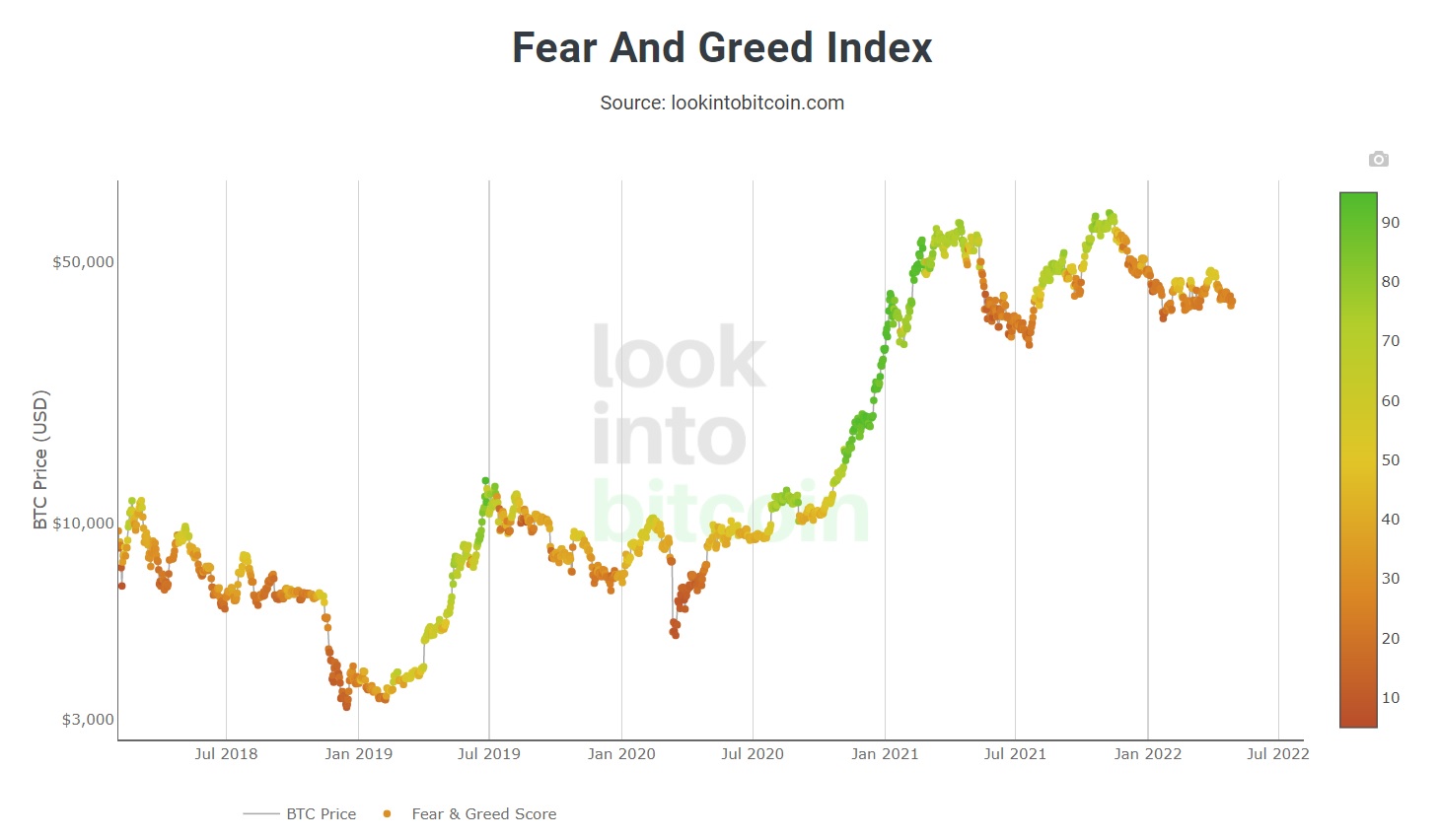
2. Understand the macro environment
As a result of the correlation between bitcoin and the stock market, the price of bitcoin is now heavily influenced by global macroeconomic drivers (macros), such as changes to global interest rates. Although uncorrelated with bitcoin, macros influence investors' willingness to risk, which directly impacts how much money is allocated to risk-on assets, such as bitcoin.
Related: What are the main Bitcoin risks for investors?
For example, low interest rates are typically associated with periods of high economic growth. During these times, investors are willing to risk more capital, which has historically led to price increases for bitcoin.
On the other hand, high interest rates remove liquidity from the market and cause a slowdown in the economy. This causes investors to become risk-averse and pull money out of riskier assets. During these periods, bitcoin prices have fallen. An awareness of risk trends can help investors avoid market downturns and capture market upturns.
3. Technical Indicators & Chart Pattern Confirmation
Technical indicators are statistical measurement tools associated with technical analysis – a branch of market analysis that leverages historical price data. From a range of different data points, indicators can provide insights into the strength of a trend, trading volume, and momentum. Examples of crypto indicators include Exponential Moving Averages, the Relative Strength Index (RSI), and the MACD.
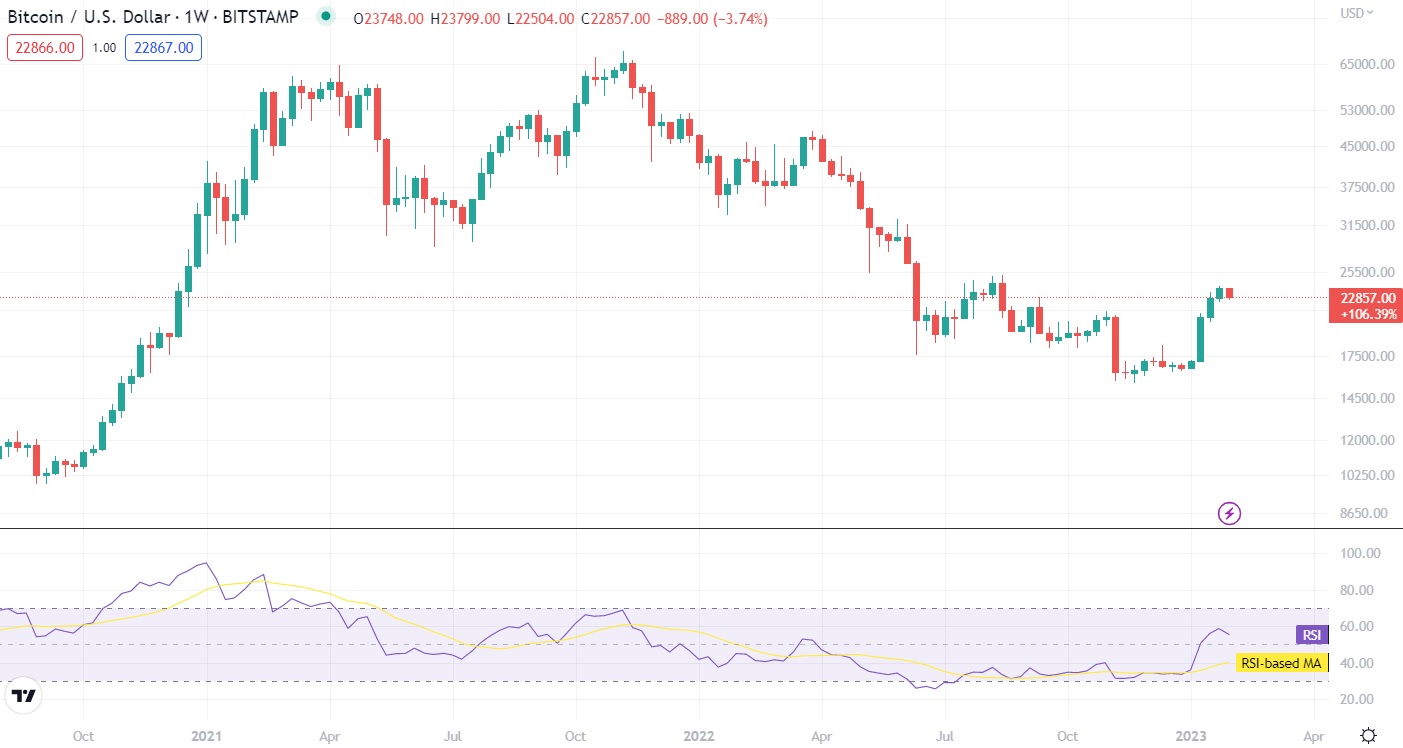
Importantly, applying technical indicators can help predict the future price movement of bitcoin, which can help investors identify the ideal time to buy. Alongside technical indicators, chart patterns on crypto pairs are another useful tool that can help investors identify optimum times to buy. Split into continuation and reversal patterns, the arrangement of a price chart can create patterns that can then be used to infer what price might do next.
Ways To Know When To Buy And Hold Bitcoin
Many investors choose to buy and hold Bitcoin long-term, a strategy known as HODLing. While this method has yielded results in the past, it may not be the best strategy for everyone. Here are a few ways to determine if buying and holding might be the right decision.
Set Investment Goals
One of the best ways to identify if buying and holding Bitcoin is the right choice is to evaluate the investment goal. Is the goal to make a profit in a short period? Or is the goal to make a profit over a longer time horizon? This choice may depend on how long capital can be used.
Buying and holding Bitcoin is likely not the best choice if the goal is to make a quick return. Trading in and out of the bitcoin market frequently would be easier and keep capital free for other investments. However, buying and holding might be beneficial if capital can be positioned in Bitcoin for a long time.
Understand Market Cycles
To date, Bitcoin has experienced four market cycles. Each cycle is defined by a period when Bitcoin has climbed to new all-time highs and then retraced 80-90%.
Apart from the first market cycle, these cycles have remained consistent, taking approximately four years from either peak to peak or bottom to bottom. Some argue that this results from Bitcoin’s halving event, which also takes place every four years. Notably, the timing of each cycle can provide a good indication as to whether an investor should buy, or hold bitcoin.
Each cycle can be broken into four phases – accumulation, markup, distribution, and markdown.
- Accumulation. Investors remain uncertain, while market volatility and trading volumes are low.
- Markup. Market sentiment shifts to bullish as economic conditions improve. Prices start to trend upward, and trading volume increases as investors enter the market.
- Distribution. Market sentiment becomes greedy and overconfident. Price advances begin to stall.
- Markdown. Market sentiment turns bearish, and economic conditions worsen. Prices start to trend downwards with increased trading volume as investors exit the market.
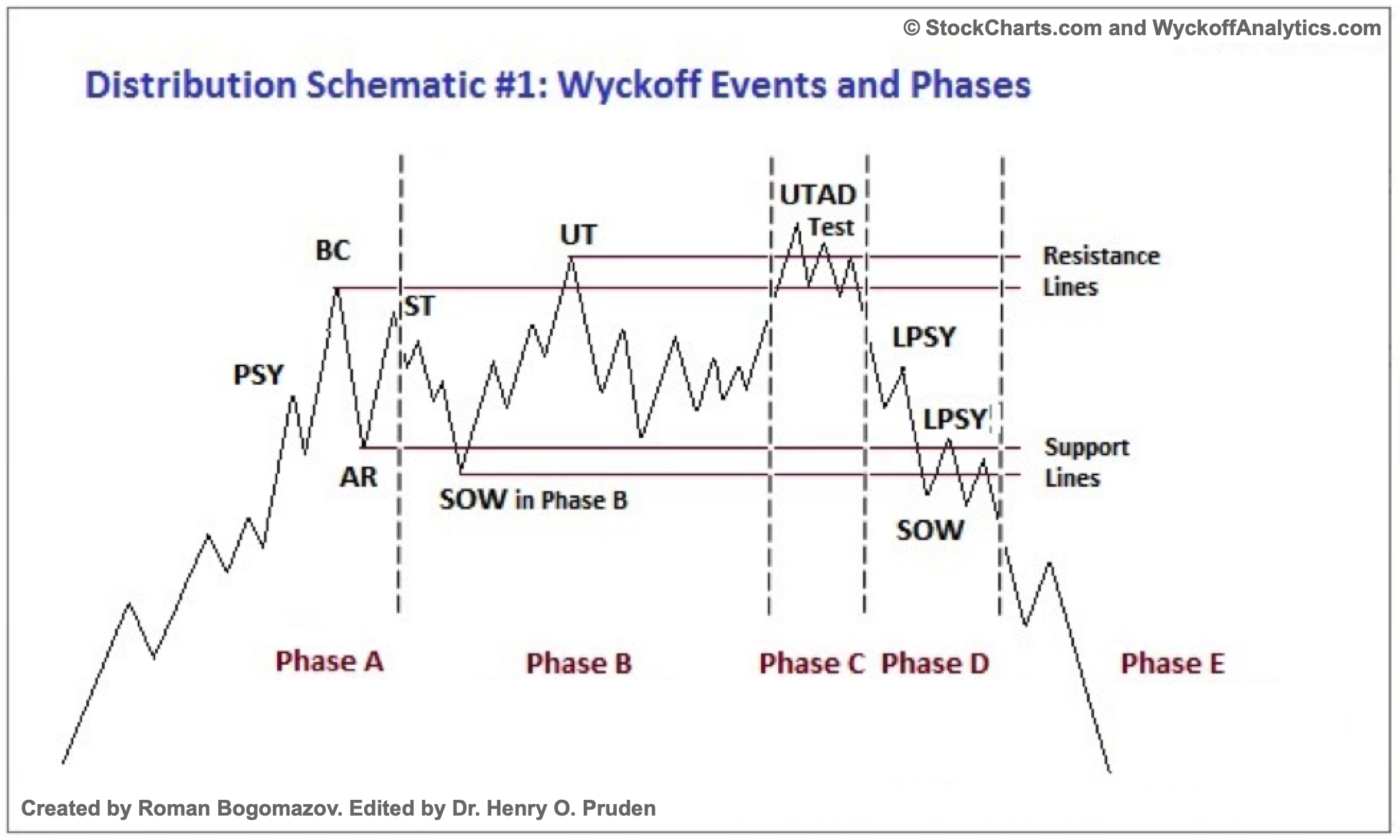
There may be no need to buy and hold when purchasing bitcoin during the accumulation or markup phase. If prices increase soon after, bitcoin can be sold for a profit. Meanwhile, if buying bitcoin during a distribution or markdown phase, investors may need to hold on to bitcoin until the price increases again.
While market cycles should be acknowledged, it is essential to remember that there are only a small number of data points from which to conclude. Market cycles may not stick to the classic 4-year rotation in the future.
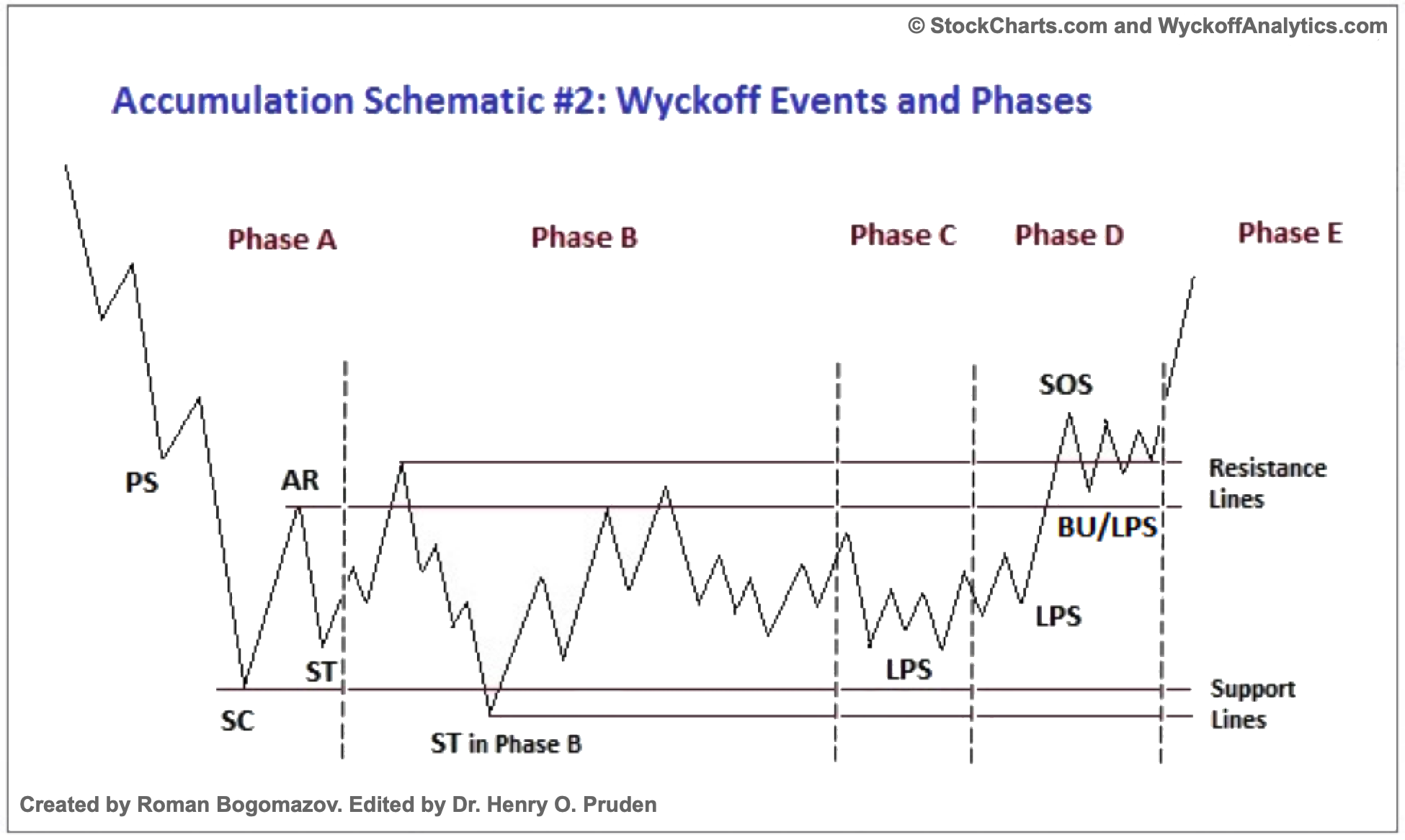
Monitor Bitcoin Prices
One of the easiest ways to know if a buy-and-hold strategy is the right thing to implement is to monitor bitcoin prices. After purchasing bitcoin, if the price of the coin starts to fall, holding on to the coin for a longer period will increase the chance of being able to sell the coin for a profit. When trading bitcoin, bitcoin prices will need to be monitored daily. When investing in Bitcoin, checking Bitcoin prices once every week should suffice.
Track Bitcoin Models
Investors can also consult bitcoin pricing models to help assess whether HODLing is the right decision. Charts such as the Stock-to-Flow and Rainbow charts can provide insight into Bitcoin’s price movements.
- Bitcoin’s stock-to-flow chart tries to predict future value changes based on the ratio between the coin’s circulating supply (stock) to the rate of production for any given year (flow). The chart is based on the theory that a high stock-to-flow ratio infers that there is more scarcity, which often leads to a higher price. Therefore, where the price of bitcoin lies on the stock-to-flow model can help investors decide if now is the right time to hold or sell.
- Bitcoin’s rainbow chart is another tool that helps to predict bitcoin’s long-term price movements. The chart fits logarithmic growth bands over a logarithmic chart of bitcoin’s price. Each band represents a period of market sentiment. The band that bitcoin’s price currently falls in can help to indicate if bitcoin should be sold or held.
Buying Bitcoin Country Guides
Finding a suitable exchange to invest in Bitcoin is an important consideration. Global exchanges may not be suitable for everyone, so we have curated guides for specific countries to buy Bitcoin outside of the USA.
Where To Store Bitcoin
Purchased Bitcoin should not be left on an exchange permanently. While they will generally feature bank-like security measures, the best practice is to withdraw the Bitcoin and hold it within a wallet under the owner's custody. The options available to an investor after purchasing are:
- Leave the Bitcoin on the exchange. Centralized cryptocurrency exchanges provide wallets for users to store their Bitcoin. While these exchanges feature leading-edge security features, they have been known to be hacked. Purchased Bitcoin should be withdrawn, as most exchanges do not offer insurance or consumer protection.
- Transfer to a software or mobile wallet. Often referred to as ‘hot wallets, these wallets store Bitcoin on portable devices such as mobile phones, computers, and apps. They are highly convenient, accessible, available, and easy to use for Bitcoin owners but have a risk of theft as it is still connected to the internet.
- Transfer to a hardware wallet. The small compact devices store the unique encrypted private key that gives access to the wallet. The stored Bitcoin is disconnected from the internet, which severs the opportunity for hackers to steal it. The downside is that users are 100% responsible for Bitcoin safety. For more information, read our guide on the best hardware wallets.
Frequently Asked Questions
Can You Buy A Small Portion of Bitcoin?
Yes, Bitcoin can be fractionalized to as little as one hundred millionth of a BTC. This allows individuals to buy a small fraction of Bitcoin and not a full coin. For example, an investor can deposit $100 to obtain a small amount of Bitcoin. The exact amount of BTC received will depend on the Bitcoin price at the time of the purchase. Some exchanges will impose a minimum transaction amount that should be considered.
Can You Make Real Money From Bitcoin?
Yes, it is possible to make real money from investing in Bitcoin. Due to the constant imbalance of supply and demand, there will always be opportunities to buy Bitcoin and sell for cash profits. Investing in the Bitcoin market is highly speculative and losses can occur.
Can You Get Bitcoin Without Buying It?
There are several methods to acquire Bitcoin without directly purchasing it with fiat currency or other cryptocurrencies. Popular ways to earn free Bitcoins include cashback programs, lending Bitcoin to earn interest, completing surveys and polls, mining Bitcoin and joining affiliate programs that pay in BTC.


